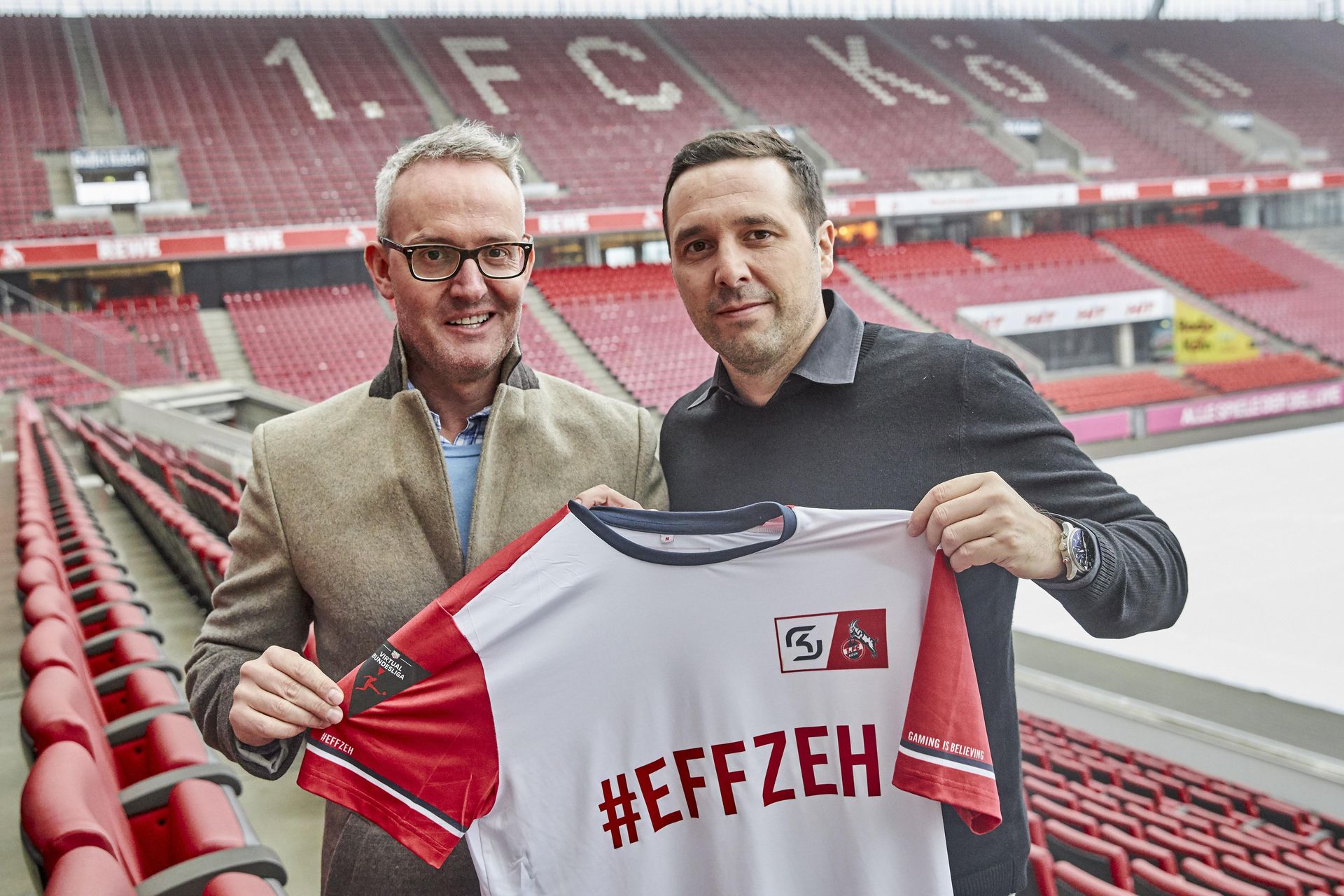More and more people are going for the controller and getting excited about games and digital sports. The companies mentioned above are experiencing dynamic growth, and there is no end in sight to the boom; every year, game producers release better games on the market that meet with worldwide success. A recent development in the market is another growth driver that I will introduce today. Many big companies entering the esports market (sports competitions that take place on the computer) believe that the new generation will no longer just kick a ball around on a football pitch in the traditional way, but instead play football in the digital computer world.

A DAX heavyweight that has been associated with German national football team for decades now wants to get in on the esports action. The esports division of 1. FC Köln and the Daimler Group have announced a cooperation: together they are investing in the Cologne e-sports company SK Gaming. It makes sense that major corporations would want to enter the market given that very few other sectors have as much potential as the video game sector. Not only is it good business for game developers, esports players and hardware companies, but it also offers sponsors the opportunity to present themselves as ‘cooler’ (advertising) partners toward a young generation with strong purchasing power. After many Bundesliga clubs like Borussia Mönchengladbach, 1. FC Köln, Schalke 04 and Eintracht Frankfurt entered the esports scene, the ‘virtual Bundesliga’ (FIFA 19 tournament) kicked off a few weeks ago and immediately attracted a high number of viewers. VfL Wolfsburg and Schalke 04 are the biggest esports clubs in Germany. The esports division of Schalke 04 even has a highly regarded reputation worldwide and also has teams in other competitions, such as the ‘League of Legends’. Interest is growing, and it is just the beginning.
The cash prizes go up every year, such as the 1.2 million USD that were paid out for the Dota 2 tournament, a well-known game in the sector. This gives even hobby players the incentive to become just as successful. The ever-increasing cash prizes lead to increased sales of games, gaming computers, gaming keyboards and gaming mice. Sales of consoles like the PS4 and Xbox One are also as high as they’ve ever been, even though both of these consoles have already been on the market since 2013. Esports are shooting to the top of the sports sector. The possibility of including esports as an Olympic sport is already under discussion, and sports officials, who are also aware of the strong growth figures, do not seem disinclined. Even IOC President Thomas Bach has made an initial evaluation of esports. In Japan and China, esports events fill entire halls with up to 40,000 spectators. The audience, consisting of younger spectators for the most part, shares the same rabid enthusiasm as the players on the stage. Successful players in Asia are worshipped like celebrities.
Interest will continue to increase in the coming years, in terms of both business and sports. There is no stopping the victory march of the digital world, even in the sports sector. It is unlikely that traditional sports will be replaced entirely, but in the fight over new talent, esports could push some traditional sports clubs onto the sidelines. That is the dark side of the esports boom.
About the Author:
Since 2002, the analyst Rolf Morrien is editor in chief of the investor service "Der Depot-Optimierer" and author of the books "How do I invest 10.000 Euro optimally?" and "Stock Market Easy to Understand".

